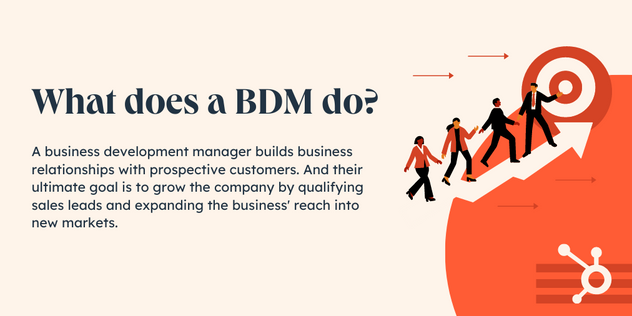Artificial intelligence (AI) www.Businessguides.co.uk/ is rapidly transforming the business landscape. AI-powered technologies are already being used to automate tasks, improve decision-making, and create new products and services. As AI continues to develop, it is likely to have a profound impact on business strategy.
In this article, we discuss the potential impact of AI on business strategy. We argue that AI can help businesses to achieve a number of strategic goals, including:
- Gaining competitive advantage: AI can help businesses to develop new products and services, improve customer service, and reduce costs. This can lead to a competitive advantage over businesses that do not adopt AI.
- Innovating: AI can help businesses to innovate by automating tasks, generating new ideas, and testing new products and services. This can help businesses to stay ahead of the competition and create new growth opportunities.
- Disrupting markets: AI has the potential to disrupt existing markets by creating new products and services that replace or displace existing ones. This can create new opportunities for businesses that are able to successfully adopt AI.
We conclude by discussing the challenges that businesses face in adopting AI. These challenges include:
- The cost of AI: AI can be expensive to develop and implement.
- The skills gap: There is a shortage of skilled workers who are able to develop and use AI-powered technologies.
- The regulatory environment: The regulatory environment for AI is still evolving, which creates uncertainty for businesses.
Despite these challenges, we believe that AI has the potential to revolutionize business strategy. Businesses that are able to successfully adopt AI will be well-positioned to succeed in the future.
Introduction:
Artificial intelligence (AI) is a rapidly developing field that has the potential to revolutionize many industries. AI-powered technologies are already being used to automate tasks, improve decision-making, and create new products and services. As AI continues to develop, it is likely to have a profound impact on business strategy.
In this article, we discuss the potential impact of AI on business strategy. We argue that AI can help businesses to achieve a number of strategic goals, including:
- Gaining competitive advantage: AI can help businesses to develop new products and services, improve customer service, and reduce costs. This can lead to a competitive advantage over businesses that do not adopt AI.
- Innovating: AI can help businesses to innovate by automating tasks, generating new ideas, and testing new products and services. This can help businesses to stay ahead of the competition and create new growth opportunities.
- Disrupting markets: AI has the potential to disrupt existing markets by creating new products and services that replace or displace existing ones. This can create new opportunities for businesses that are able to successfully adopt AI.
The impact of AI on business strategy:
AI has the potential to impact business strategy in a number of ways. First, AI can help businesses to gain a competitive advantage. By automating tasks, improving decision-making, and creating new products and services, AI can help businesses to reduce costs, improve efficiency, and increase customer satisfaction. This can give businesses a competitive advantage over their rivals.
Second, AI can help businesses to innovate. By automating tasks, generating new ideas, and testing new products and services, AI can help businesses to stay ahead of the competition and create new growth opportunities. For example, AI-powered technologies are being used to develop new drugs, create personalized marketing campaigns, and improve customer service.
Third, AI has the potential to disrupt markets. By creating new products and services that replace or displace existing ones, AI can disrupt existing markets and create new opportunities for businesses. For example, AI-powered technologies are being used to develop self-driving cars, automate customer service, and personalize education.
Challenges of adopting AI:
Despite the potential benefits of AI, there are a number of challenges that businesses face in adopting AI. These challenges include:
- The cost of AI: AI can be expensive to develop and implement. The cost of AI-powered technologies can be prohibitive for some businesses.
- The skills gap: There is a shortage of skilled workers who are able to develop and use AI-powered technologies. This can make it difficult for businesses to find the talent they need to adopt AI.
- The regulatory environment: The regulatory environment for AI is still evolving, which creates uncertainty for businesses. It is not yet clear how governments will regulate AI, and this uncertainty can make it difficult for businesses to adopt AI.
Conclusion:
Despite the challenges, we believe that AI has the potential to revolutionize business strategy. Businesses that



